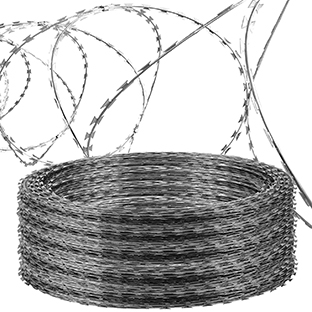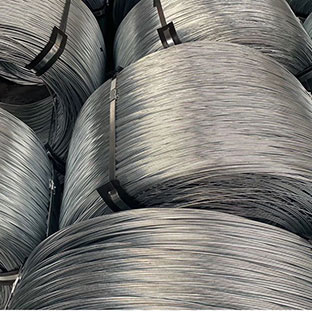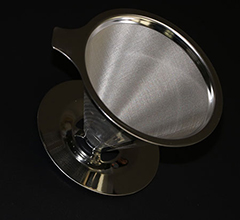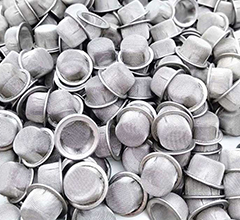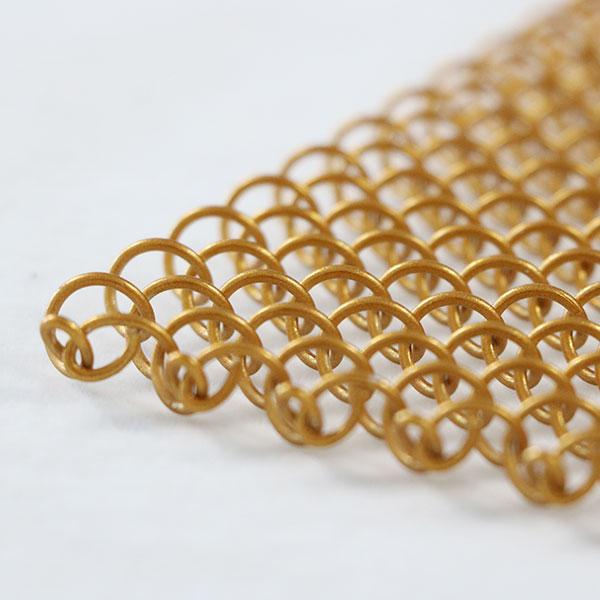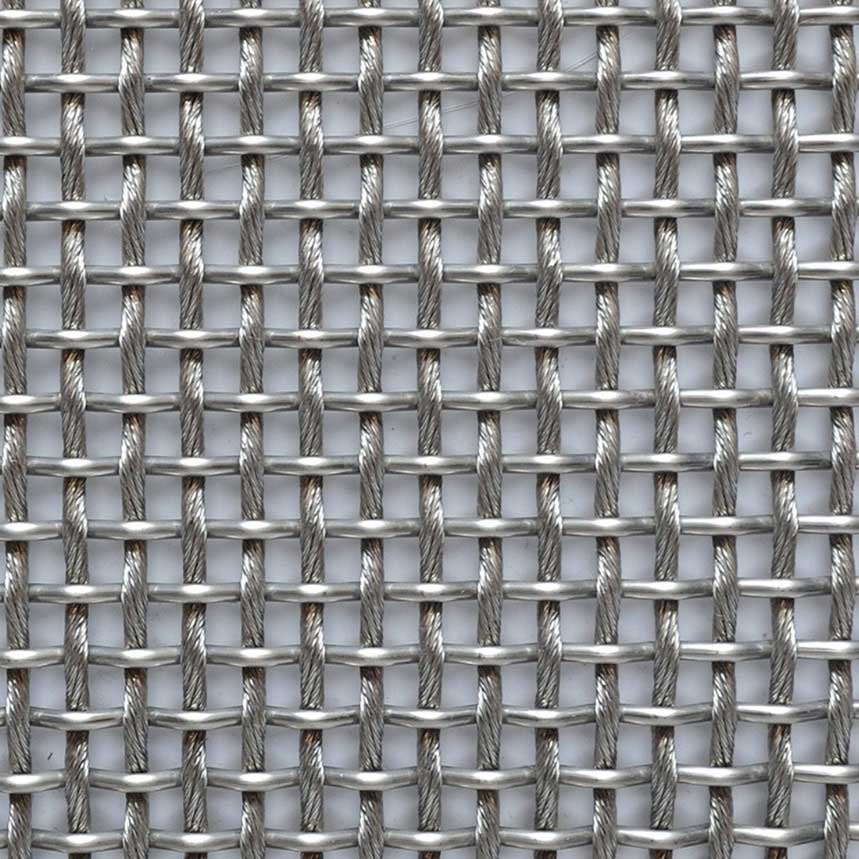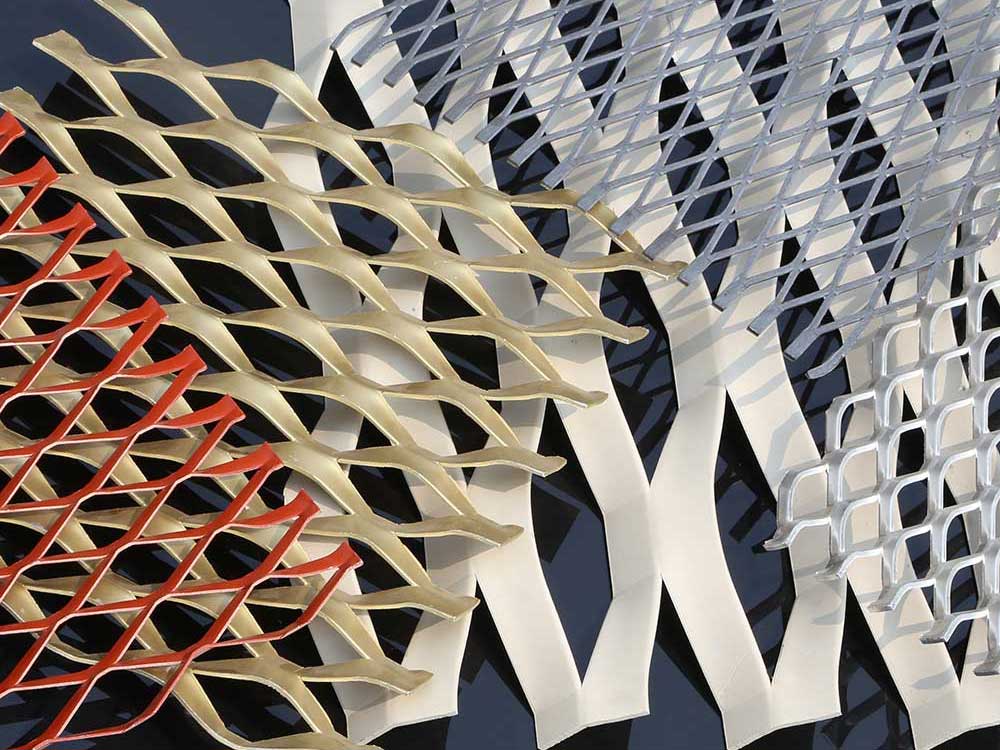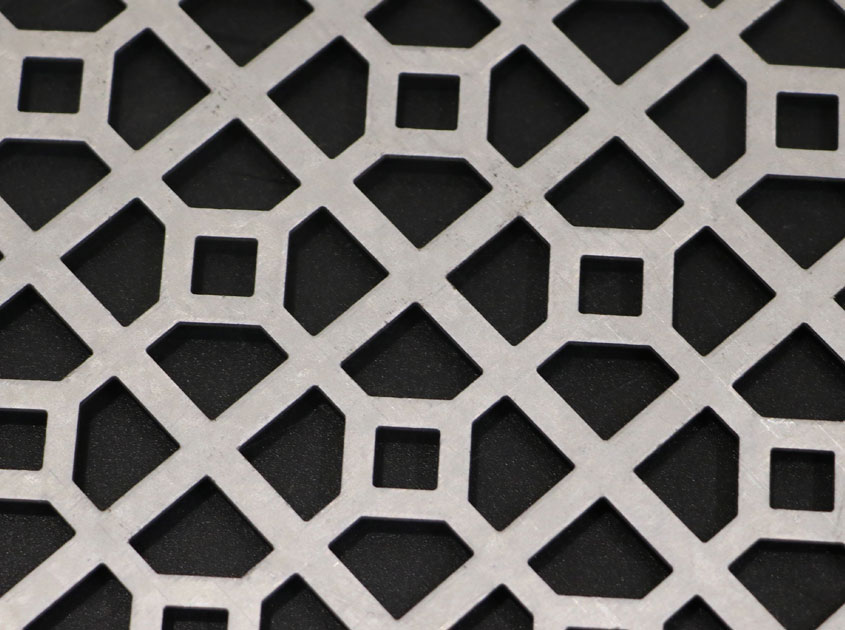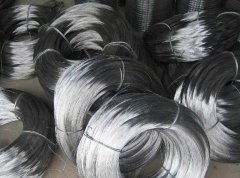Small Coil Wire may appear unassuming, but beneath its unpretentious exterior lies a world of scientific principles that endow it with remarkable strength and durability. This unheralded material, often used in various practical applications, owes its robustness to a combination of metallurgical engineering, material properties, and meticulous manufacturing processes. In this article, we'll uncover the science that underpins small coil wire's exceptional strength and durability, shedding light on why it's a staple in numerous industries.
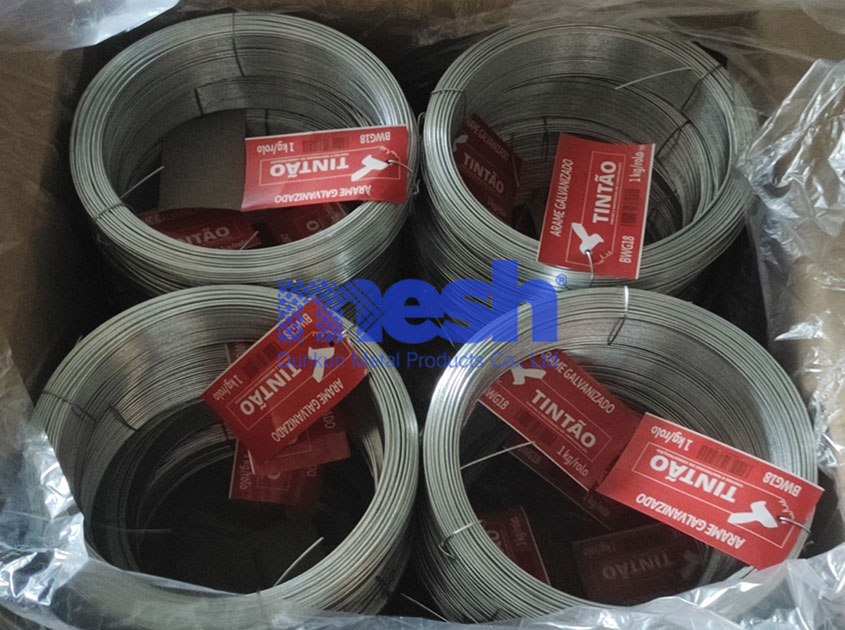
The Materials at Play
Small coil wire's strength and durability are intrinsically linked to the materials from which it is crafted. Typically, small coil wire is made from steel, with different grades and compositions designed to meet specific strength and durability requirements.
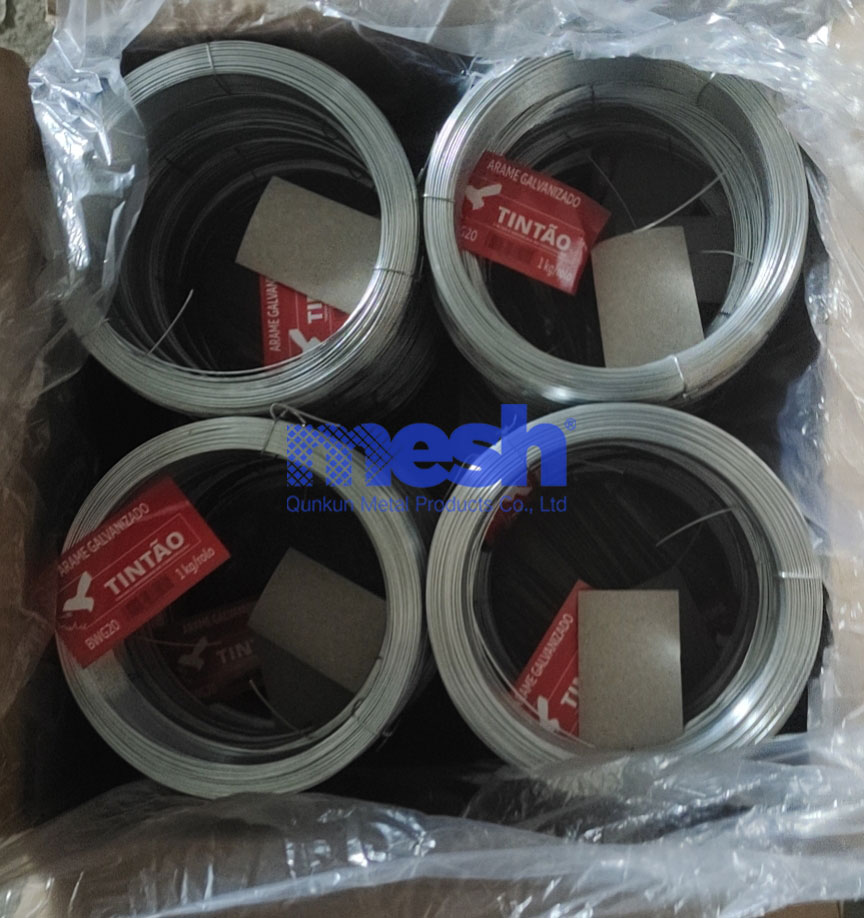
Steel Selection: The choice of steel type plays a crucial role in determining the wire's strength. High-carbon steel, for example, offers greater tensile strength and durability compared to low-carbon steel. Alloying elements, such as manganese, chromium, and nickel, can further enhance the material's mechanical properties.

Small coil wire may seem unremarkable at first glance, but its strength and durability are the result of intricate scientific principles and meticulous manufacturing processes. As an indispensable material in numerous industries, it exemplifies the fusion of engineering, metallurgy, and materials science. The next time you encounter small coil wire in a construction project, fencing, or even a piece of furniture, take a moment to appreciate the scientific mastery that underpins its unyielding strength and resilience.


.jpg)




.png)






































